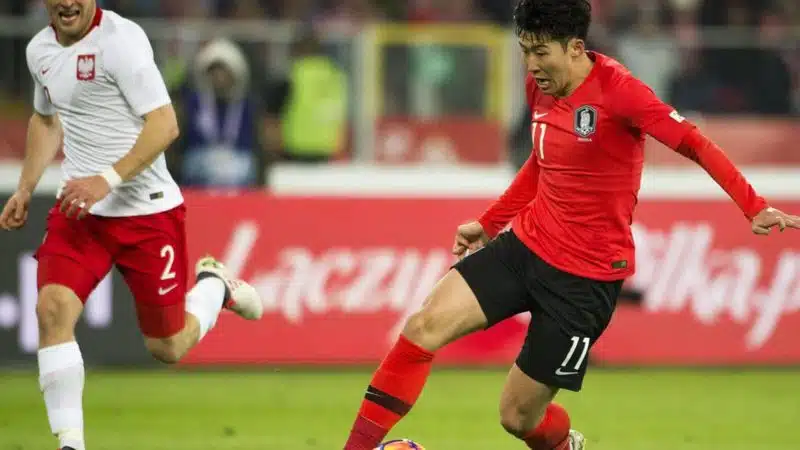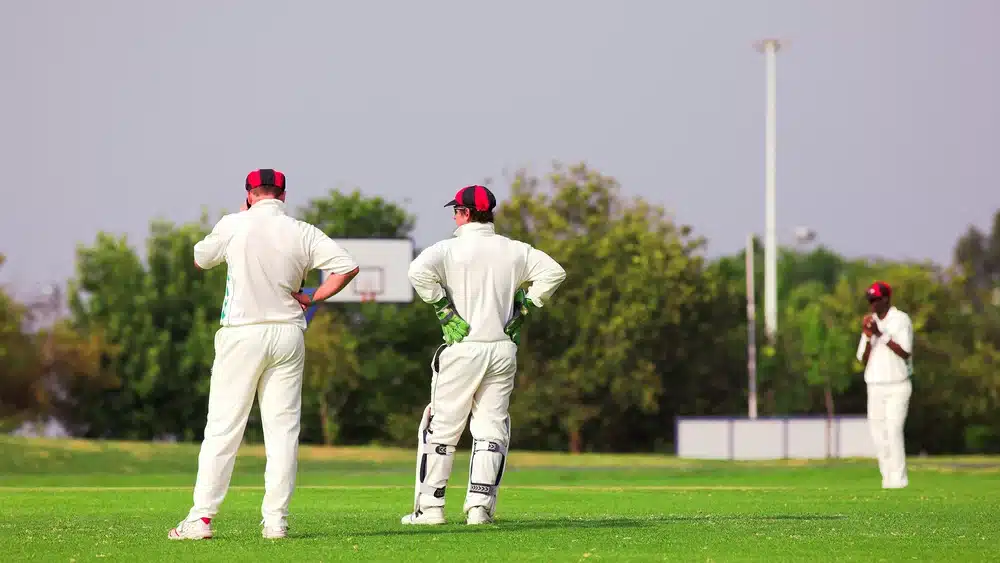
The Asian Cup is the top football event in Asia, showing off the best players from all over the continent and reflecting how the sport is changing in this diverse region. This year's competition, marked by surprising developments and exciting displays, provides an exclusive insight into the emerging talents and the established giants of Asian football.
Qatar's Quest: Home Advantage and Harmony
Qatar, as the hosting country, is enjoying a fantastic beginning with three consecutive victories in Group A. Their success is due to a combination of a well-structured team and enthusiastic support from local fans, making them a powerhouse in this tournament. The team's unified playing style and strategic sophistication are the results of careful planning and investment in football facilities. For Qatar, this tournament is more than just about winning games, it's a stage to display their development and stature in the world of football.
When thinking about Qatar's achievements, it's hard not to consider the booming sports betting industry in the area. Supporters and enthusiasts frequently flock to the best real money gambling sites for Arabians, making predictions about the results and enjoying the excitement of various casino games. This reflects the increasing passion and investment in football across the Middle East. Such involvement brings an added thrill and sense of expectation to the tournament.
Japan's Juxtaposition: Promise and Peril
Japan's current stance in Group D, marked by their unexpected 2-1 defeat to Iraq, has certainly raised eyebrows. Despite this stumble, their overall performance remains robust, particularly in front of the goal. A striking example of their offensive prowess was the impressive 4-goal display against Vietnam. This result highlights not just their ability to dominate the opposition, but also their tactical versatility in attack.
The team's goal-scoring responsibility is shared among a talented roster, underscoring their depth. Takumi Minamino, with his two goals, has been a standout, but he's not alone in his efforts. Keito Nakamura, Ayase Ueda and Wataru Endō have also found the back of the net, showcasing Japan's multi-faceted threat. This collective approach to scoring is a significant strength, ensuring they don’t overly rely on any single player. This balanced attack could be the key to Japan's resurgence as they aim to overcome their early setback.
Iran and South Korea: The Middle Eastern Might and Korean Cohesion
Iran has risen to prominence in Middle Eastern football through a combination of perseverance and expertise. Their performances in the tournament have highlighted their skill in integrating classic football techniques with contemporary strategies. Iran's participation in the Asian Cup serves as a proof of their persistent dedication to becoming a dominant force in regional football.
South Korea's position in the tournament is equally noteworthy. Despite a surprising 2-2 draw against Jordan, which has also put the latter in the spotlight, South Korea's reliance on their star players in top European clubs is evident. Stars like Son Heung-min, Kim Min-jae, and the emerging Lee Kang-in offer more than mere skill, they provide essential international expertise to the team. South Korea’s strategy depends on leveraging this blend of youth and experience to navigate the challenges of the tournament.
Australia and Saudi Arabia: Ambition and Investment
Australia's commanding position atop Group B is a proof of their strategic planning and systematic development in football. Their tactical discipline shines in a robust defense that has impressively kept a clean sheet in their first two matches. In midfield, Jackson Irvine emerges as a standout performer where his offensive prowess is evident with a goal in each game. This blend of solid defense and dynamic midfield play marks Australia as a formidable force in the tournament.
Their commitment is evident in their tournament performance, where they've smartly leveraged their investments and passion for football. They secured a 2-1 victory against Oman and 2-0 win over Kyrgyzstan, showcasing their resilience and tactical prowess.
Saudi Arabia's significant investment in football goes beyond aiming for the Asian Cup, they harbor grander ambitions of leaving an indelible mark in the lead-up to hosting the World Cup in 2034.
Each team brings its unique strengths and narratives, weaving a rich tapestry of footballing prowess. As the tournament unfolds, the anticipation and excitement only grows, inviting fans and enthusiasts to witness the drama and glory of Asian football.
Photo credit: Alamy













